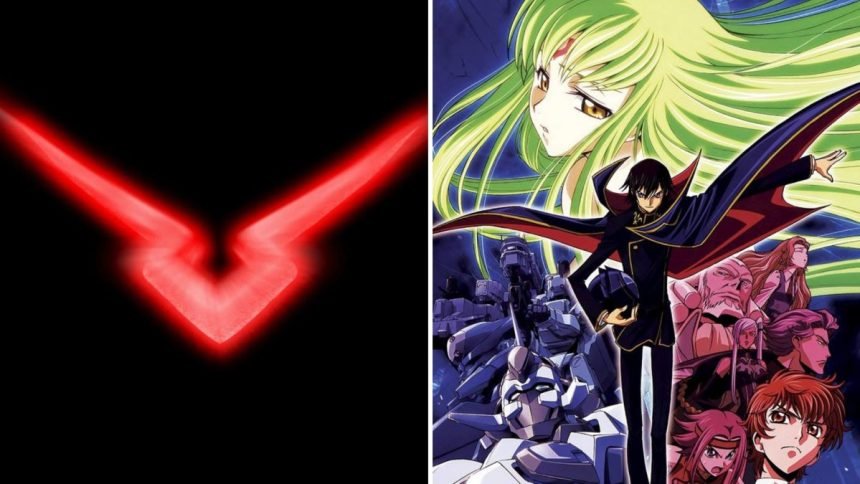Code Geass, a critically acclaimed anime series, weaves a complex narrative that combines elements of political intrigue, mecha battles, and intense character development. Set in an alternate reality, the show explores the themes of power, manipulation, and rebellion through the eyes of its protagonist, Lelouch Lamperouge. In this article, we will delve into the intricate chess game of power and rebellion in Code Geass and examine the thought-provoking questions it raises.
The Pursuit of Power and Manipulation
One of the central themes in Code Geass is the pursuit of power and the strategies employed by various characters to manipulate the world around them. Two key points shed light on this aspect.
Firstly, Lelouch Lamperouge, under the alias of “Zero,” seeks to overthrow the oppressive Britannian Empire and create a better world for his sister Nunnally. Lelouch’s quest for power leads him to obtain the Geass, a supernatural ability that allows him to command others. With this power, he engages in a complex game of manipulation, using his tactical brilliance and charisma to rally allies and deceive enemies. Lelouch’s cunning and strategic thinking make him a captivating protagonist as he navigates the treacherous landscape of power and politics.
Secondly, Code Geass explores the consequences of power and the moral dilemmas that arise from its pursuit. Characters like Suzaku Kururugi, Lelouch’s foil, believe in effecting change from within the system. Suzaku’s approach contrasts with Lelouch’s rebellion, raising questions about the justifiability of means and the potential compromises one must make when seeking power. The clash between these perspectives adds depth and complexity to the show’s exploration of power dynamics.
Further Readings: The Representation of Political and Social Issues in Anime
The Rebellion Against Oppression
Code Geass also delves into the theme of rebellion against oppression and the struggle for freedom. Let’s explore two contrasting points on this topic.
Firstly, the Black Knights, an organization led by Zero, symbolize the rebellion against Britannian rule. Composed of individuals from different backgrounds, the Black Knights fight for equality and the liberation of Japan from Britannia’s grip. Their struggle resonates with real-world themes of resistance against colonialism and social injustice. The show delves into the motivations and sacrifices of the Black Knights, highlighting the human desire for freedom and the lengths people are willing to go to achieve it.
On the other hand, some characters within the Britannian Empire, such as Cornelia Li Britannia, present a different perspective. Cornelia believes in maintaining the status quo and sees rebellion as a threat to stability. Her character allows the audience to explore the complexities of power from within the oppressive system and raises questions about loyalty, duty, and the inherent flaws within structures of authority.
Conclusion
Code Geass: The Chess Game of Power and Rebellion offers a captivating exploration of political intrigue, power dynamics, and the struggle for freedom. Through the pursuit of power and manipulation, the show challenges viewers to question the nature of authority and the ethical implications of seeking dominance. Additionally, the rebellion against oppression shines a light on the human desire for freedom and the complexities of navigating resistance from within or outside the system.
As we witness Lelouch’s strategic maneuvers and the moral dilemmas faced by the characters, we are compelled to reflect on our own understanding of power, rebellion, and the choices we make in the face of adversity.
Code Geass serves as a reminder that the pursuit of power and the fight against oppression are not simple matters of black and white. Instead, they exist within a complex web of motives, consequences, and moral ambiguity, challenging us to question the systems we live in and the paths we choose to forge.













